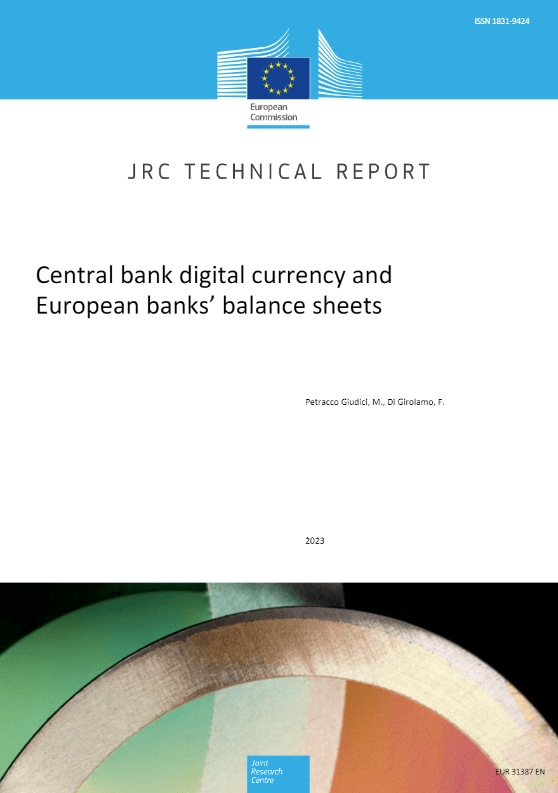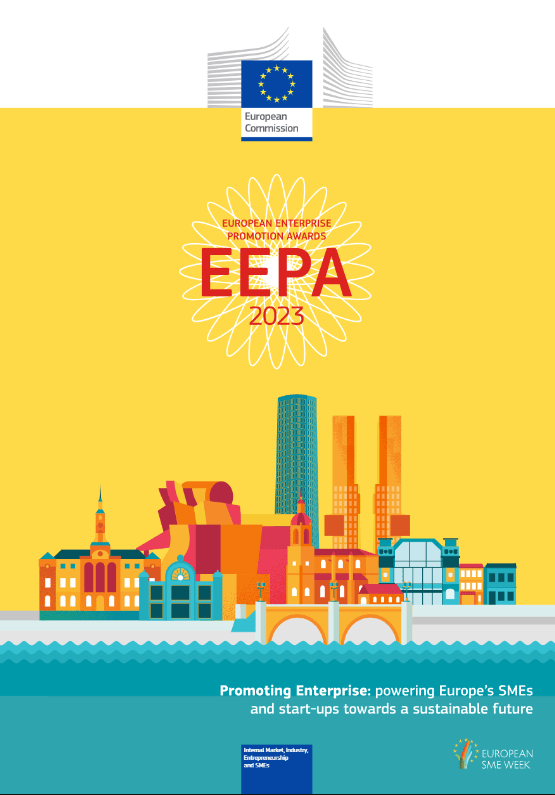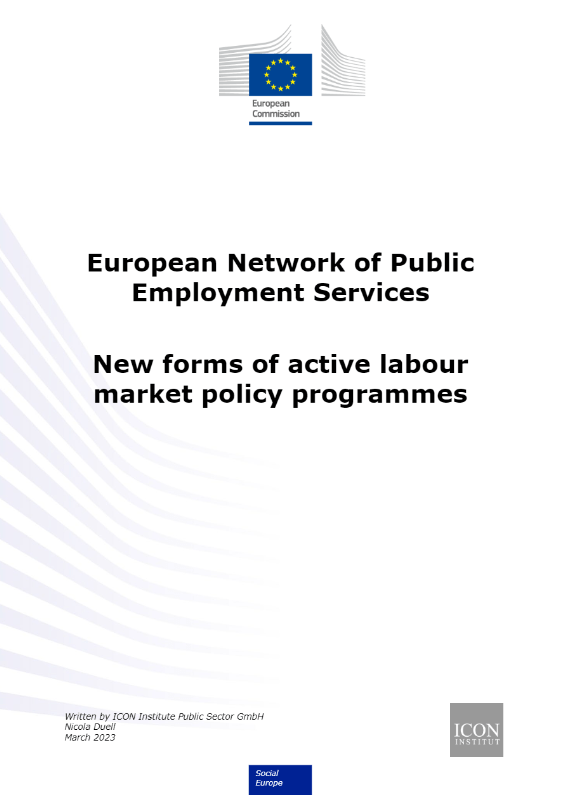
CDE Almería - Centro de Documentación Europea - Universidad de Almería
Centro de Documentación Europea de la Universidad de Almería
Cultura y Educación
Documentación comunitaria en las áreas de Cooperación Internacional Universitaria, Digitalización en el Ámbito Educativo, Espacio Europeo de Educación Superior y Patrimonio Cultural Europeo. Contiene también las últimas noticias, mediateca y boletines relacionados con la materia.
Estás aquí: Fondo Digital CDE > Cultura y Educación

The aim of this paper is to look at possible scenarios of demand for a retail-only euro central bank digital currency and assess their impact on bank’s balance sheets, to explore potential effects on bank’s intermediation capacity and financial stability. The European Central Bank, in the context of the Eurosystem investigative exercise, has tackled this issue by proposing a set of illustrative scenarios for the adoption of a Euro CBDC (see Adalid et al., 2022 and discussion therein). We expand their analysis to include more detailed results at country level by making use of individual banks data. For each demand scenario, we estimate the potential shock on deposits making use of MS-level data. We then apply these shocks at individual bank level and compare them to a set of alternative adjustment channels, including free reserves, wholesale funding and assets (deleveraging) to obtain a distribution of the ratio of shocks to different channels. Results show that per capita demand scenarios around 3 thousand euro do not seem to present risks for financial stability in the aggregate, though they present asymmetric impacts and could give raise to shifts in the structure of balance sheets and interbank markets.
[Leer Más]Los Premios Europeos a la Promoción Empresarial llegan a su 17ª edición y este año, en particular, ha sido motivo de celebración, ya que el número de candidaturas a los premios ha vuelto a los niveles anteriores a la pandemia.
[Leer Más]The objective of the report is to present the ‘state of play’ in the introduction of new Active Labour Market Policies (ALMPs) and their use by the Public Employment Services (PES) between 2015 and 2022 to respond to short- and long-term labour market challenges. Both long-term structural changes within the labour market as well as short-term specific changes, such as those caused by the COVID-19 pandemic, have called for an adaptation of ALMPs to cater to the needs of clients. The report recommends, in particular, continuing efforts to serve disadvantaged groups, strengthening partnerships to close skills gaps and overcome skills shortages (including via cooperation with employers and increased effort to support digitalisation and greening), reinforcing activities to respond to demographic change (e.g. better targeting towards older workers, migrants, women).
[Leer Más]- « Anterior
- 1
- …
- 56
- 57
- 58
- 59
- 60
- …
- 5.922
- Siguiente »
Noticias relacionadas
Boletines CDE
- BOLETÍN INFORMATIVO EDUCACIÓN Y CULTURA EN LA UE (Nº9)
- BOLETÍN INFORMATIVO EDUCACIÓN Y CULTURA EN LA UE (Nº8)
- BOLETÍN INFORMATIVO EDUCACIÓN Y CULTURA EN LA UE (Nº7)
- BOLETÍN INFORMATIVO EDUCACIÓN Y CULTURA EN LA UE (Nº6)
- BOLETÍN INFORMATIVO EDUCACIÓN Y CULTURA EN LA UE (Nº5)
- BOLETÍN INFORMATIVO EDUCACIÓN Y CULTURA EN LA UE (Nº4)
- BOLETÍN INFORMATIVO EDUCACIÓN Y CULTURA EN LA UE(Nº 3)
- BOLETÍN INFORMATIVO EDUCACIÓN Y CULTURA EN LA UE (Nº 2)
- BOLETÍN INFORMATIVO EDUCACIÓN Y CULTURA EN LA UE (Nº1)








